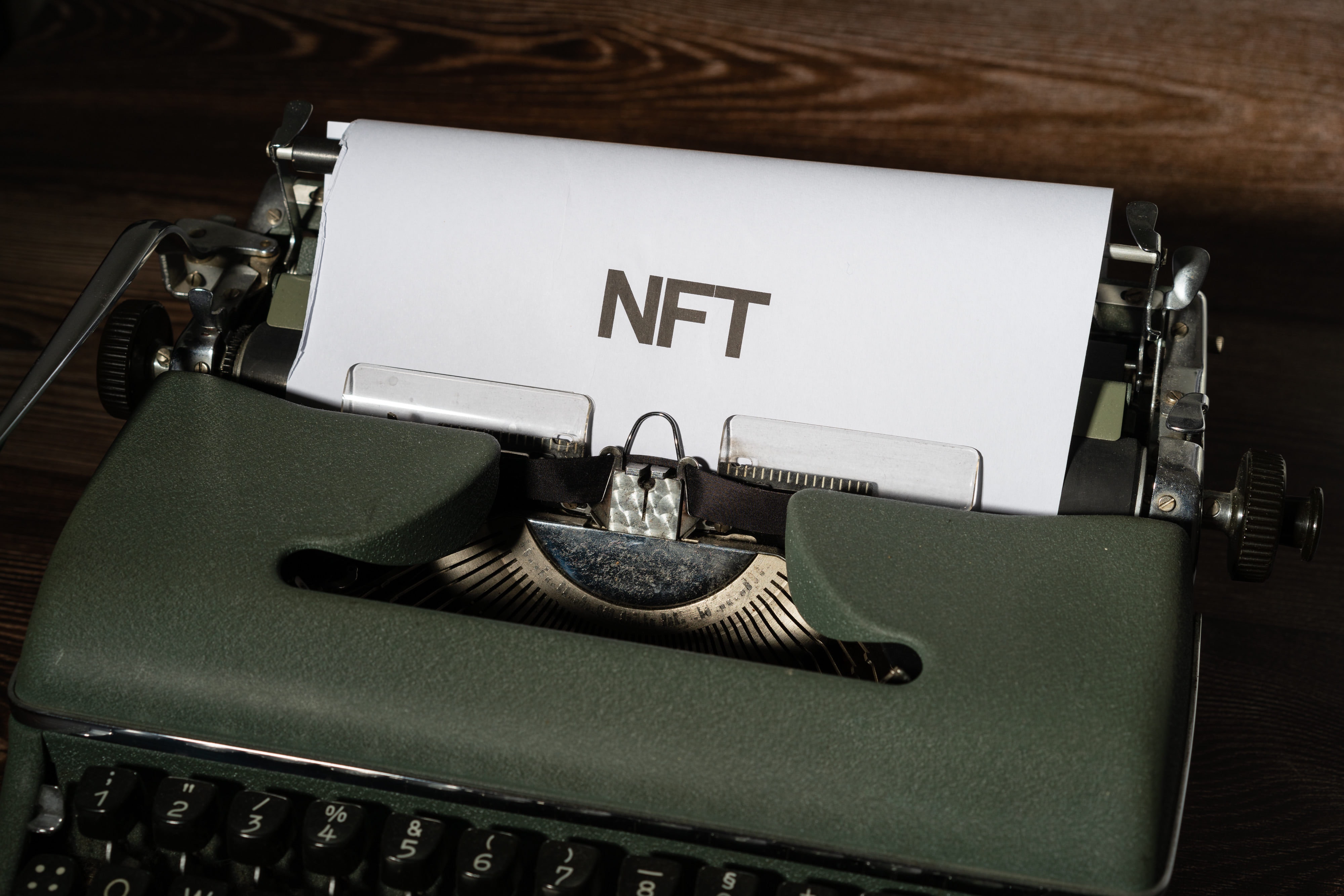
NFTs can be a valuable tool for vinyl record collectors to trade their records for potentially higher prices, while also ensuring that their prized collection pieces end up in the right hands. The non-fungible nature of NFTs allows for representing the individuality and value of each vinyl record, and their digital nature provides new possibilities for showcasing and sharing collections in the virtual world, while still preserving the intrinsic value of vinyl records as tangible, analog artifacts.
As a vinyl record collector, you know that each vinyl record is unique and has its own value based on factors like its condition, rarity, and historical significance. NFTs, or Non-Fungible Tokens, can provide you with a new and interesting way to trade your vinyl records and potentially earn higher prices for your prized collection pieces.
While vinyl records are analog and physical, NFTs are digital and virtual. But just like how vinyl records represent the good quality of music recorded on them, NFTs can represent ownership of unique digital assets, such as digital art, music, or videos. NFTs use blockchain technology to ensure that each one is unique, cannot be copied, and can be easily transferred between owners, just like vinyl records can be bought, sold, or traded between collectors.
As a vinyl record collector, you might want to make sure that your prized collection pieces end up in the hands of the right person who will appreciate and value them as much as you do. NFTs can provide you with a way to achieve that. By tokenizing your vinyl records as NFTs, you can create a digital certificate of ownership that verifies the authenticity and provenance of your collection. This can be particularly useful if you’re considering selling or trading your vinyl records, as the NFTs can act as a digital representation of the unique value of your collection pieces.
NFTs being non-fungible means that they are unique and cannot be exchanged on a one-to-one basis like cryptocurrencies. This makes them a great fit for representing the individuality and value of each vinyl record in your collection. With NFTs, you can ensure that your collection pieces are not just seen as physical objects, but also as unique digital assets with their own digital identity.
Additionally, the digital nature of NFTs allows for new possibilities in terms of showcasing and sharing your vinyl record collection. You can create virtual galleries or exhibitions where you display your NFTs representing your vinyl records, allowing others to appreciate and enjoy your collection in a digital format. This can also attract potential buyers or traders who are interested in owning unique NFTs that represent physical vinyl records.
It’s important to note that NFTs are not meant to replace vinyl records, but rather complement them in the digital world. Vinyl records hold their own intrinsic value as tangible, analog artifacts of music history, while NFTs provide a unique digital representation of ownership and provenance. By combining the two, vinyl record collectors can tap into the potential benefits of NFTs, such as increased visibility, provenance verification, and potential higher prices, while still preserving the essence and uniqueness of their physical vinyl record collection.